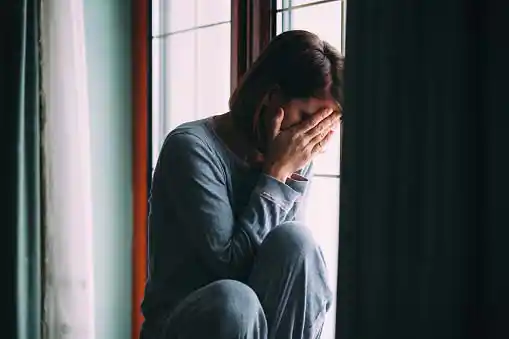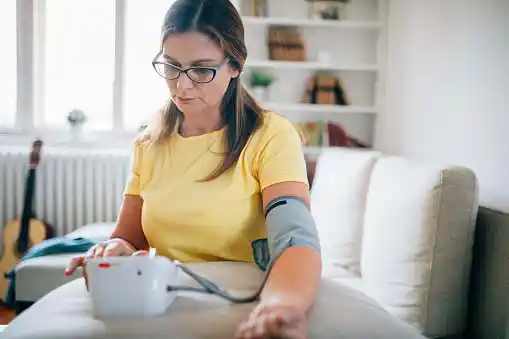Here's What You Need To Know About Polycystic Ovarian Syndrome
31-years-old Kay is happily married to her husband for 5 years now but she has not able to conceive even after repeated tries. Maria, on the other hand, is tired of plucking her ever-growing facial hair on a regular basis. Rashmi misses her school often because she experiences horrible pain and excessive bleeding during her periods.
All these women are suffering from Polycystic Ovarian Syndrome (PCOS) and battling the emotional trauma almost every day. As this condition continues to affect women of all races worldwide, it has now become a disease of the modern day women. Read here in detail about PCOS to deal with this health burden more efficiently.
What causes PCOS?

The exact cause is unknown, although both environmental and genetic factors are implicated. Primary factors associated with PCOS include:
- Insulin resistance accompanied by compensatory Hyperinsulinemia (excess levels of insulin)
- High androgen (male hormones) levels
How does PCOS affect your body?

PCOS affects women’s health negatively in many ways. A few aspects are as follows:
- It increases the risk of hypertension, high blood sugar, and cardiovascular diseases in women.
- Sleep apnea is another disorder that occurs due to the high androgen levels.
- PCOS can end up making the sufferer feel depressed due to the emotional stress stemmed from the hormonal changes.
What are the symptoms of PCOS?

The major symptoms of PCOS include:
- Menstrual dysfunction
- Hirsutism (excessive, unwanted hair growth on face or body)
- Infertility
- Weight problem
- Hair loss
- Acne
How is PCOS diagnosed?

There is no definite single test to diagnose PCOS, so your doctor might investigate about the presence of at least two of the following signs:
- Androgen excess
- Ovulatory dysfunction (or irregular periods)
- Polycystic ovaries
Furthermore, blood glucose level, insulin levels, and lipid profile are also necessary as a part of the basic workup. Your doctor may also recommend a pelvic exam to rule out any other abnormalities in your reproductive organ and ultrasound of the ovaries for cysts.
How to treat PCOS?

You can manage the symptoms of PCOS with your doctor’s help, as s/he works out a treatment plan with you. Additionally, you can consider the following factors for some relief from the symptoms:
- Lifestyle modifications such as a healthy diet, regular exercise, and healthy weight loss.
- Topical hair removal agents like Eflornithine to slow down hair growth rate.
- Techniques such as electrolysis, laser hair removal for removing excess hair.
Unfortunately, there is no definite cure for PCOS, but you can definitely alleviate the effects of PCOS. A continued healthy lifestyle in the form of regular physical activities, healthy diet, and ideal weight maintenance is what helps the sufferer in the long run.
For any queries related to PCOS or women’s health in general, contact an Obstetrician-Gynecologist at www.healthcaremagic.com
Ask a Specialist
Recent Questions


